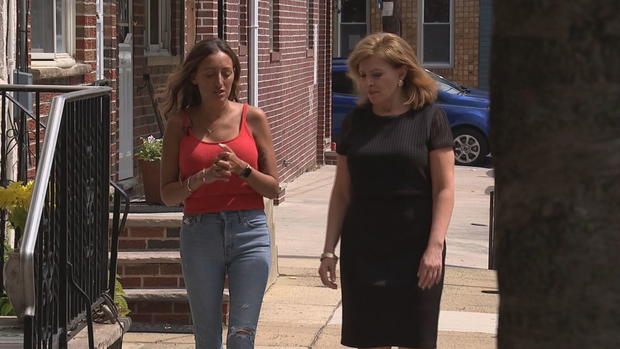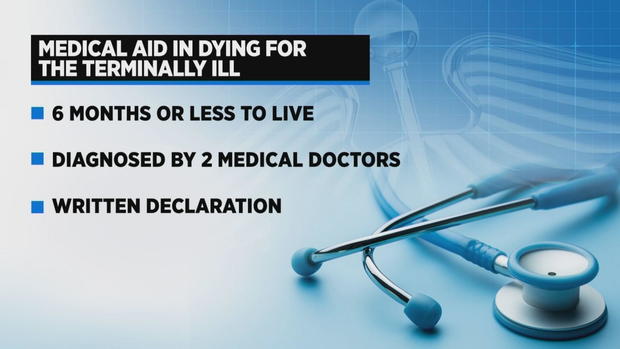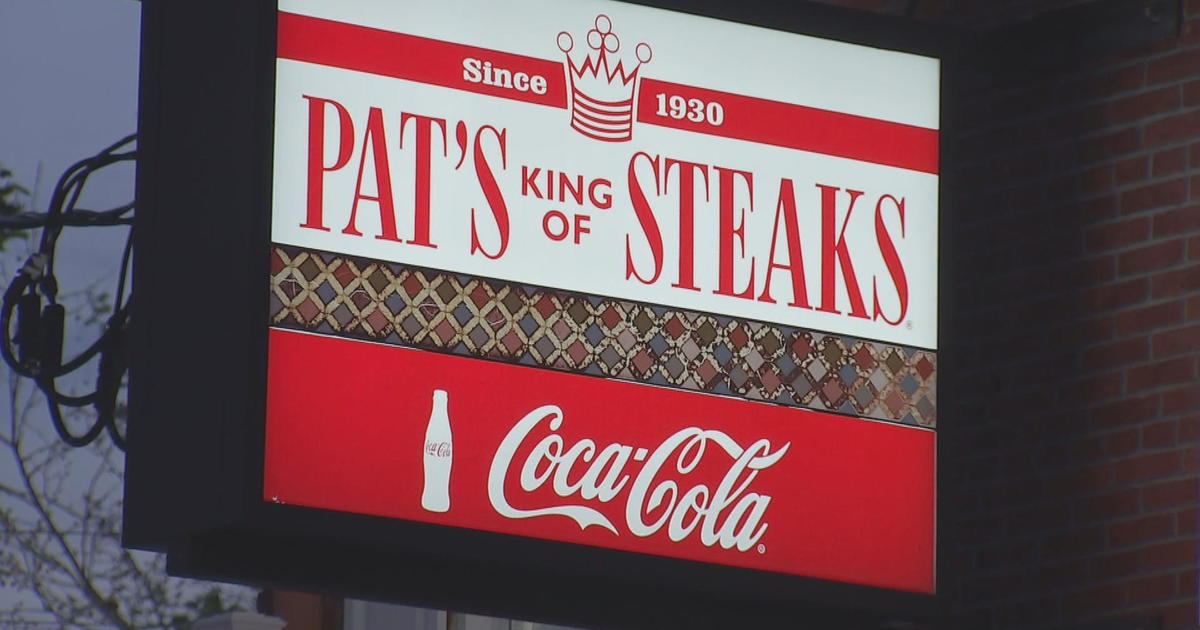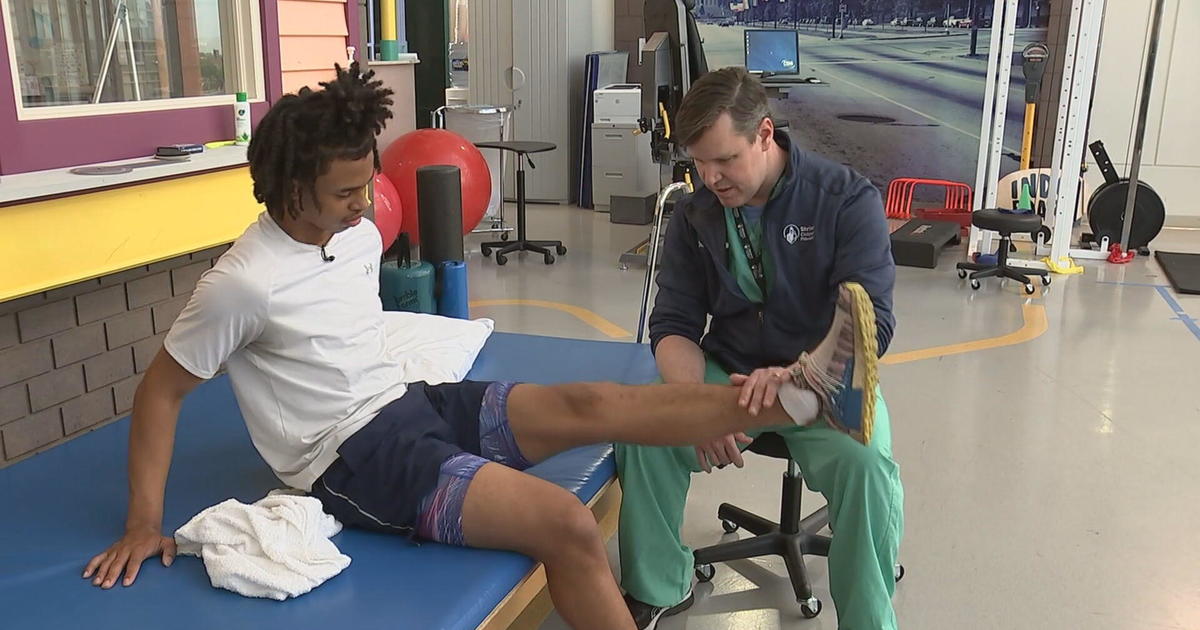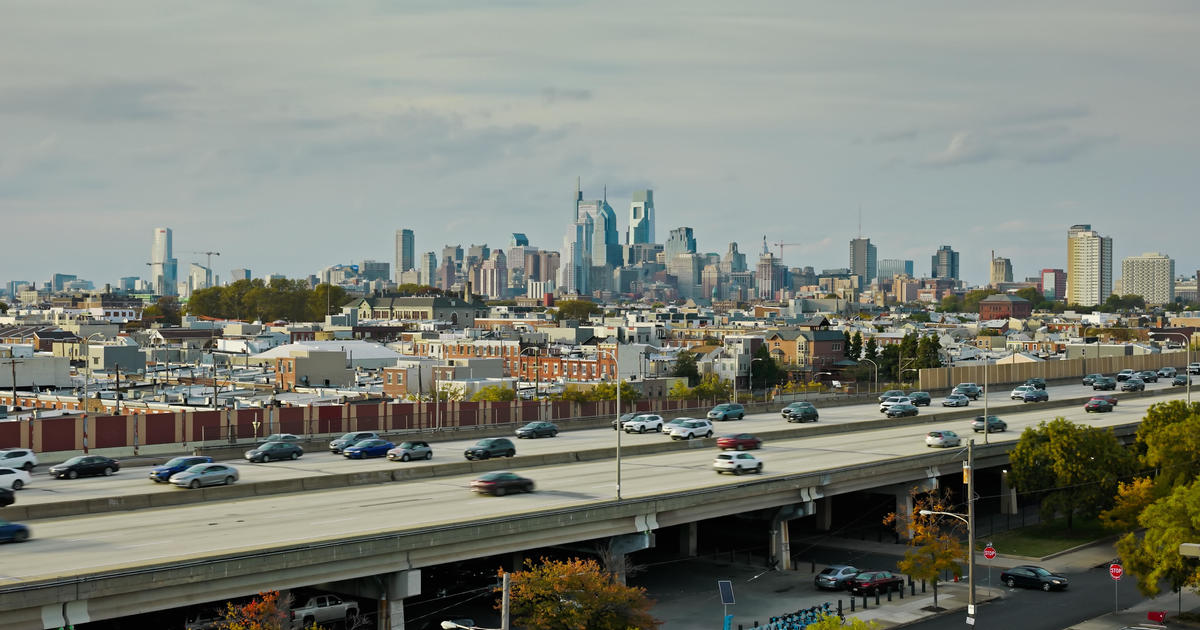South Philly woman joins NJ lawsuit, hoping she has a say in her fate as a cancer patient
PHILADELPHIA (CBS) -- A lawsuit has been filed in district court in Camden to waive the residency requirement for the Medical Aid in Dying law that would allow people to come from other states.
Andy Sealy's dog, Dash is a nice distraction for the 43-year-old, who's fighting metastatic breast cancer that's spread to her bones.
And she depends on lots of medications, 20 pills a day approximately.
Sealy, who lives in South Philly, says she's hopeful for the future, but a terminal illness means she thinks about death. She wants to be able to deal with that on her own terms with medical assistance.
"If it came down to it and I was suffering I would like this option," she said.
Pennsylvania does not allow Medical Aid in Dying, but several states do, including New Jersey, However, it's only allowed for residents.
"I already have the plan to move to New Jersey if I need to, but its not as simple as that," Sealy said.
Sealy has joined a lawsuit filed by Compassion and Choices challenging New Jersey's residency mandate.
"I don't think of myself. I think of my loved ones," she said. "I just don't want them to suffer."
New Jersey's Medical Aid in Dying law has strict criteria to qualify for patients to get a prescription for medications that are self-administered.
"People chose it because they want to be in control of their death, just like they've been in control of their life," Dr. Paul Bryman said.
Dr. Paul Bryman, a hospice physician in New Jersey says terminal patients often don't have the time or ability to establish a new state residency, as required in New Jersey.
"It discriminates against people based on their residency," Bryman said. "It may exclude a lot of people who would otherwise benefit and want to participate."
There are critics including disability and religious groups, who call it "doctor-assisted suicide".
Sealy says for her, it's about protecting her family.
"I don't ever want to be a burden to anyone," she said.
